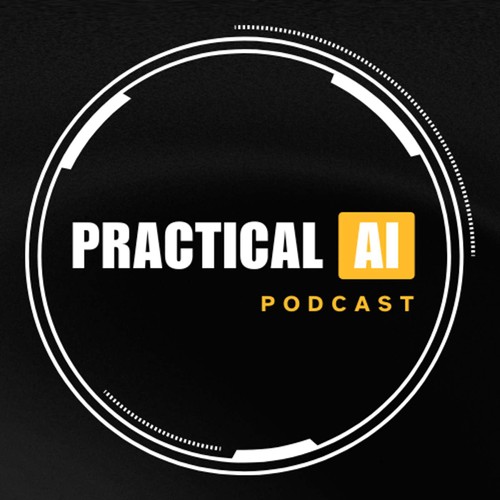
 Practical AI
Practical AI Practical workflow orchestration
33 snips
Oct 15, 2024 Adam Azzam, a principal product manager at Prefect, and Michael Greenwich, CEO of WorkOS, dive into the complexities of workflow orchestration in AI applications. They discuss how Prefect’s open-source library tackles the pains of managing workflows and introduces tools like Marvin for real-time support. The conversation highlights the importance of error management, visibility in pipelines, and the seamless integration of enterprise features for faster product development, showcasing innovative solutions for modern engineers.
AI Snips
Chapters
Transcript
Episode notes
Accidental Orchestration
- Adam Azzam needed workflow orchestration for a job search co-pilot startup.
- LLMs helped job seekers, but scaling introduced resiliency issues.
Workflow Orchestration Definition
- Workflow orchestration specifies what, where, when to run tasks, and handles failures.
- Prefect simplifies defining these rules for Python scripts.
Orchestration Pain Points
- Early workflow orchestration challenges included infrastructure management and handling LLM failures.
- LLMs introduced cascading errors from data quality, API issues, and parsing.
